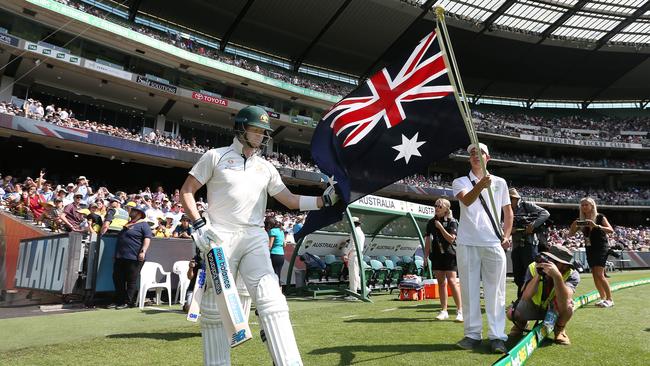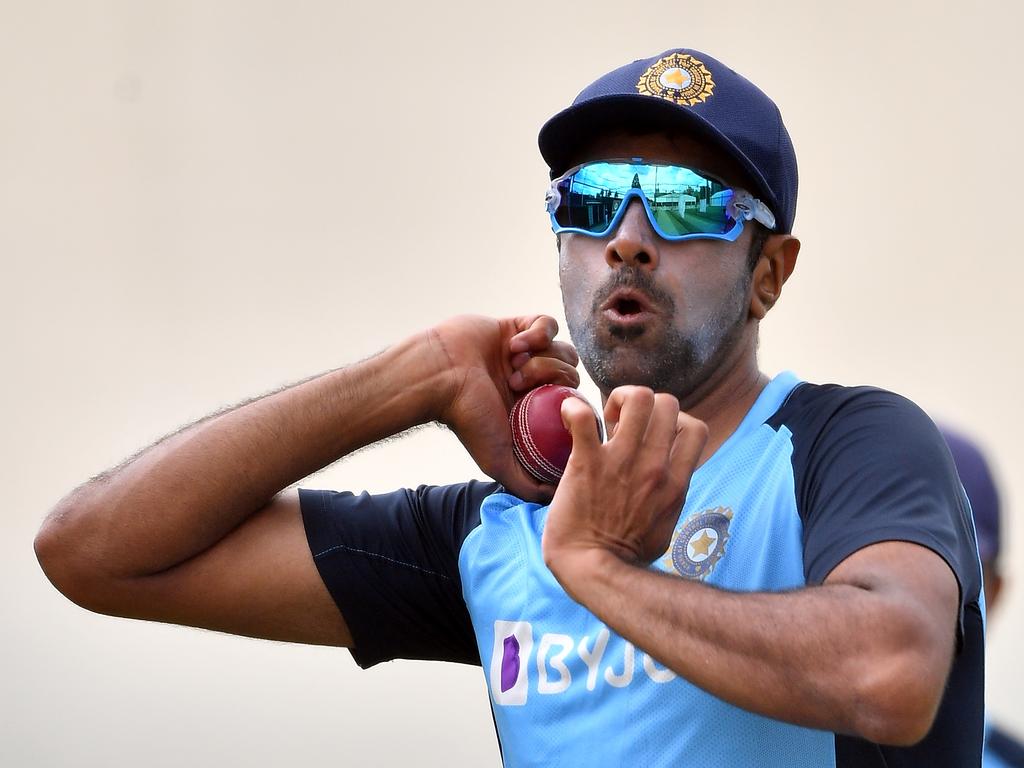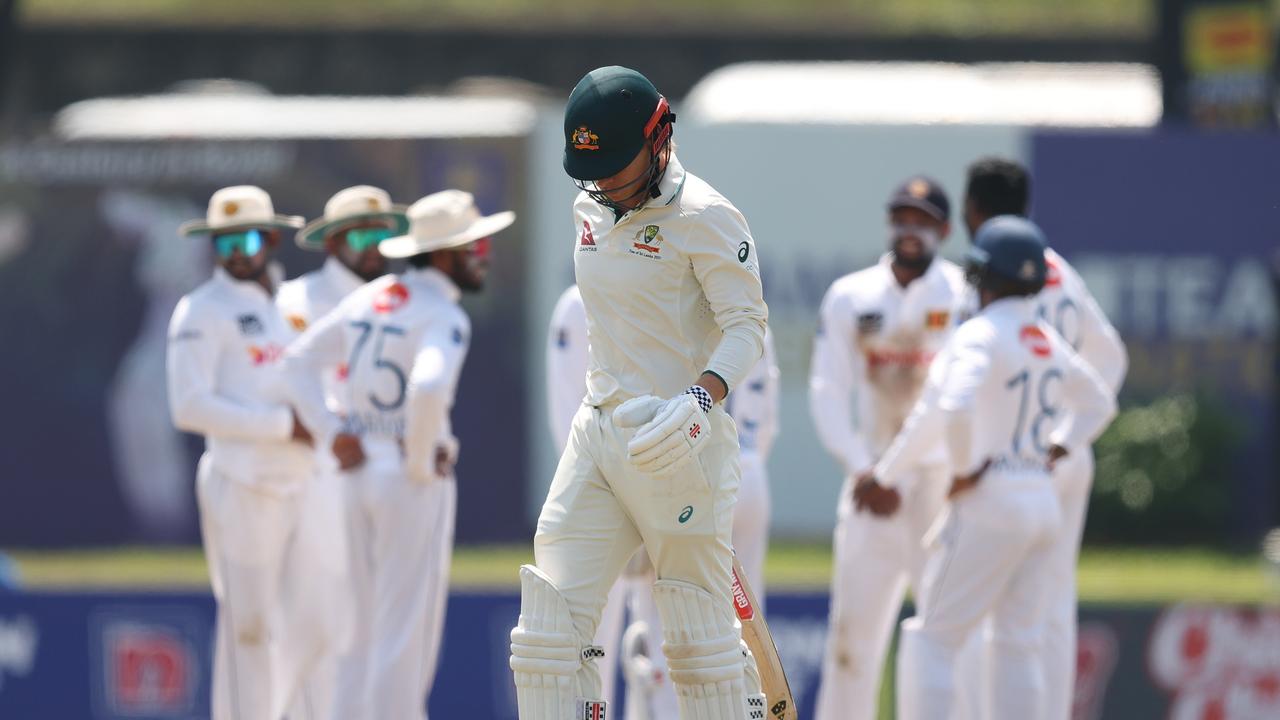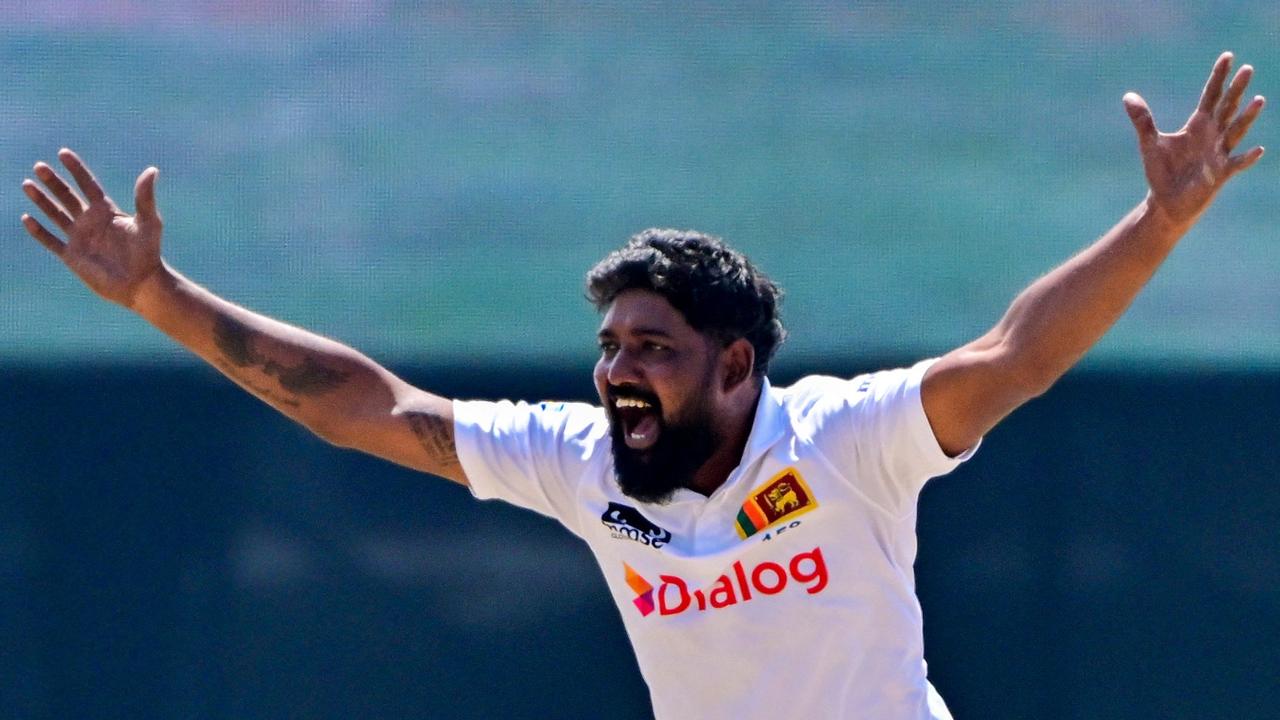Cricket’s failure to reflect Australia’s changing face
Cricket has been a nation-defining game in Australia, and honourably so. But it has struggled to keep pace with Australia’s growing plurality.

It’s Australia Day, but not at the cricket, or at least it need not be: Cricket Australia has indicated that it prefers the use of “January 26” rather than “Australia Day” in promotion of today’s Big Bash League matches. Prime Minister Scott Morrison believes this to be “not cricket” and “pretty ordinary”, and argues that CA should place “a bit more focus on cricket, and a bit less focus on politics”.
This either/or formulation is, of course, perfectly fallacious. Sport is pervaded by politics, especially when sports teams purport to represent whole nations, and beloved of politicians, who envy its capacity for engaging, exciting and unifying; athletic feats connect with the brain’s pleasure centres in exactly the way politicians wish they could.
Which is exactly why Morrison flaunts his demotic credentials by cosying up to sports people; which is exactly why his government engaged in wholesale abuse of the $100m Community Sports Infrastructure grants program during the last election campaign.
So when the Prime Minister objects to the mixing of cricket and politics, what he is really objecting to is the particular mixing that doesn’t shore up his national daggy dad routine. And when he says that it “wasn’t a particularly flash day for the people on those vessels” of the First Fleet, it’s not just a lazy stab at moral equivalence but the same tone-deaf approximation of the vernacular as Kevin Rudd demanding a “fair shake of the sauce bottle”.
Cricket has been a nation-defining game in Australia, and honourably so. There was a cricket team called Australia before there was a country of that name. Cricket had a federal governance model almost a decade ahead of federation.
Almost all the leading figures of the federal struggle had an involvement in cricket administration, because being a popular pursuit it was also a locus of establishment power.
Our first prime minister was a vice-president of the NSW Cricket Association and had a long umpiring career, including standing in a Test match — although don’t tell Morrison this, because he’ll probably want to be nominated to the ICC panel.
Cricket has historically also been very versatile, serving as an expression of imperial fealty and an outlet for our irreverence and independence.
It could throw together a rock-ribbed conservative in Sir Donald Bradman and a feisty Irish republican in Bill O’Reilly. It could enthral Sir Robert Menzies and John Howard, and Doc Evatt and Bob Hawke. Where it has struggled has been to keep pace with Australia’s growing plurality.
This year, the Australian Cricket Hall of Fame inducted its first Indigenous player — the remarkable Jardwadjali man Unaarimin, aka Johnny Mullagh, whose feats predate Test cricket.
Other than that, our annals of cricket greatness are a succession of Anglo names and pale faces. It has awaited a breakthrough figure, a Jackie Robinson or a Kareem Abdul-Jabbar; it has not even had an Evonne Goolagong, Lionel Rose or Cathy Freeman.
Cricket’s conservatism has been a source of strength and reassurance. It is a game that sets store by institutions, that respects tradition and continuity, that preaches patience, ritual and restraint. As Ashis Nandy observed it contains both “ample scope for unjust play as well as having strong taboos against such play”.
It is a sound moral and civic educator. What could be more democratic than practice at an everyday cricket club like mine where you bat in the order in which you turn up and each for the same amount of time? What is a source of concern is getting people to that point, to take that first step of joining in. Because from the outside, at it is gradually becoming aware, cricket has not always looked like a hospitable place compared to other sports.
It can be stupid. It can be snobby. It can be sexist. And as recently as 2013, our national cricket census clocked fewer than 10,000 Indigenous participants at any level, young, old, male or female — a shaming failure, quite frankly, for what presents itself as a national game.
This is changing, albeit slowly, and growth at club level remains poor. So in the past few years some low-key gestures have been made to recognise Indigenous culture and aspirations. None of them are militant or mandatory. They might well be regarded as the bare minimum.
The barefoot circle, Indigenous kits, and now the quiet downplaying of a national day about which many feel ambivalent: none of these do any harm; none of them prevent or cancel anything, much as they might miff a right-wing offenderati every bit as brittle as their left-wing counterpart.
It’s not been rechristened the Big Bash League Invasion Day round; no flags have been burned or idols toppled. National affirmations, in any case, hardly seem necessary for a domestic tournament. What twangs a patriotic chord about the Heat v the Scorchers?
In fact, those who purport to love cricket, as distinct from those who invoke it when they wish to gripe about the general decline of everything etc, should warmly favour all such steps.
Because if you believe, as I do, that cricket is the finest game ever devised and the best builder of great people, you should want everyone possible to enjoy the opportunity to share in it.
And if, by contrast, these measures make you feel less relaxed and comfortable around cricket, less like it’s your game, then that’s a pity. But perhaps you’ll also understand how Indigenous people have felt about cricket these many years.





